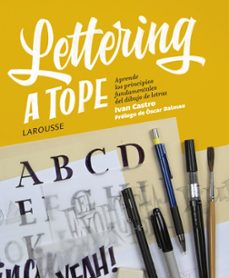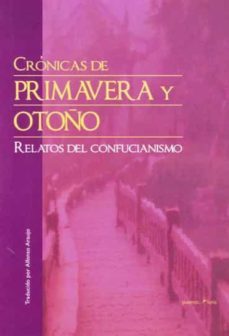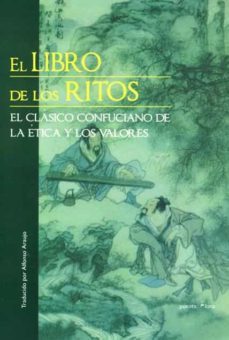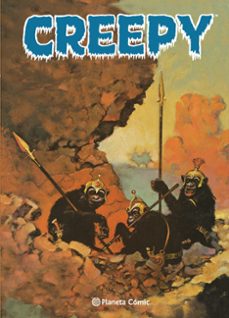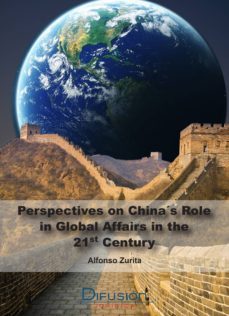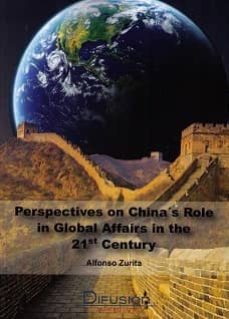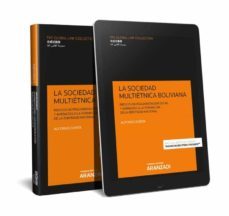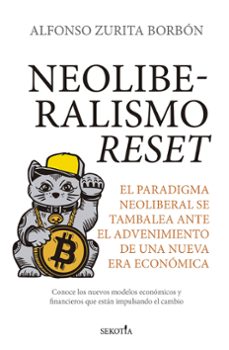Imprescindibles
Ficción
No Ficción
Ciencias y tecnología Biología Ciencias Ciencias naturales Divulgación científica Informática Ingeniería Matemáticas Medicina Salud y dietas Filología Biblioteconomía Estudios filológicos Estudios lingüísticos Estudios literarios Historia y crítica de la Literatura
Humanidades Autoayuda y espiritualidad Ciencias humanas Derecho Economía y Empresa Psicología y Pedagogía Filosofía Sociología Historia Arqueología Biografías Historia de España Historia Universal Historia por países
Infantil
Juvenil
#Jóvenes lectores Narrativa juvenil Clásicos adaptados Libros Wattpad Libros Booktok Libros de influencers Libros de Youtubers Libros Spicy Juveniles Libros LGTBIQ+ Temas sociales Libros ciencia ficción Libros de acción y aventura Cómic y manga juvenil Cómic juvenil Manga Shonen Manga Shojo Autores destacados Jennifer L. Armentrout Eloy Moreno Nerea Llanes Hannah Nicole Maehrer
Libros de fantasía Cozy Fantasy Dark academia Hadas y Fae Romantasy Royal Fantasy Urban Fantasy Vampiros y hombres lobo Otros Misterio y terror Cozy mistery Policiaca Spooky Terror Thriller y suspense Otros
Libros románticos y de amor Dark Romance Clean Romance Cowboy Romance Mafia y amor Romance dramatico Romcom libros Sport Romance Otros Clichés Enemies to Lovers Friends to Lovers Hermanastros Slow Burn Fake Dating Triángulo amoroso
Cómic y manga
Novela gráfica Novela gráfica americana Novela gráfica europea Novela gráfica de otros países Personajes, series y sagas Series y sagas Star Wars Superhéroes Cómics DC Cómics Marvel Cómics otros superhéroes Cómics Valiant
eBooks
Literatura Contemporánea Narrativa fantástica Novela de ciencia ficción Novela de terror Novela histórica Novela negra Novela romántica y erótica Juvenil Más de 13 años Más de 15 años Infantil eBooks infantiles
Humanidades Autoayuda y espiritualidad Ciencias humanas Economía y Empresa Psicología y Pedagogía Filosofía Historia Historia de España Historia Universal Arte Cine Música Historia del arte
Ciencia y tecnología Ciencias naturales Divulgación científica Medicina Salud y dietas Filología Estudios lingüísticos Estudios literarios Historia y crítica de la Literatura Estilo de vida Cocina Guías de viaje Ocio y deportes
ALFONSO ZURITA BORBON

Alfonso Zurita (1973, Madrid) obtuvo su máster en Relaciones Internacionales y Economía por la Johns Hopkins University - School of Advanced International Studies (SAIS), e igualmente se Licenció en Ciencias Políticas por la Universidad de Sussex. Su vida laboral siempre ha estado ligada a las organizaciones internacionales y regionales, al sector publico-privado y al de investigación. Ha escrito diversos libros relacionados con asuntos económicos como “The Neoliberal Era” y “Perspectives on China´s Role in Global Affairs in the 21st Century”, al igual que escrito capítulos para otros libros económicos como “La Dualidad Económica Estados Unidos-China en el Siglo XXI” y “Geoeconomías del Siglo XXI”. También ha publicado libros sobre temas de carácter social-cultural-antropológico como “La Sociedad Multiétnica Boliviana: Su Fragmentación y Crisis de Identidad” y “Perú Milenario- Los Caminos del Sol. Vías de Comunicación y Patrimonio Cultural”. Asimismo, colabora activamente escribiendo múltiples monografías y artículos científicos para instituciones de referencia mundial como la Escuela Diplomática Española, el Instituto Español de Estudios Estratégicos (IEEE), el Instituto Superior de Derecho y Economía (ISDE), la Revista Española de Relaciones Internacionales (RERI) y la Universidad Carlos III de Madrid (UC3M).
Recibe novedades de ALFONSO ZURITA BORBON directamente en tu email
Filtros
Del 1 al 4 de 4
DIFUSION JURIDICA Y TEMAS DE ACTUA 9788492656967
Since the end of the 20th Century, due to its great size, power and evermore growing omnipresence in global affairs, China´s integration into and subsequent role in the international system has been a major focal point. Whereas pre-21st Century debates on China revolved around a containment-engagement duel, during the first decades of the 21st Century, China has already positioned itself as the world´s economic number one and it is forecasted that during the present century it will create a whole new world order.President XI Jinping´s China Dream, aims to transform the country through a widespread reform program. China´s long-term commitment to structural change has the main economic objective to transition its economy from an investment and export-led economy to a consumption-led economy.The secrets behind China´s economic success are here revealed, as well as the unique qualities and individual traits of its economic model. China´s international economic rise, presence and expansion, is also projecting very different, varied and diverse images and perspectives vis-a-vis the world. Its quick ascendance is causing not only economic, but other political, social, cultural and ethnic effects as well, both in the West and in the East. Those effects will consequently and without a doubt, affect, alter and have very serious implications and repercussions for the overall 21st Century world order equilibrium.This newly revised and updated edition, includes the main tenets of China´s 13th Economic and Social Development Five-year Plan 2016-2020, which basically comprises President Xi Jinping´s `China Dream´ and its `60-Point Plan´ and includes it for the first time into one single framework. The 13th Economic and Social Development Five-year Plan 2016-2020, contains the most important principles underpinning the policies for China´s future continued development.They are all to work in tandem to achieve the creation of "a moderately prosperous society". Likewise and one of the most transcendental ratified proposals, is the independent role which has been given to the Yuan-Renmimbi, which has already been declared by the International Monetary Fund as the fifth international reserve currency. It is predicted, that during the 21st Century, the Yuan-renmimbi will gradually become the international reserve currency number one.
Ver más
Tapa blanda
DIFUSION JURIDICA Y TEMAS DE ACTUA 9788492656424
Since the end of the 20th Century, due to its great size, power and evermore growing omnipresence in global affairs, China's integration into and subsequent role in theinternational system has been a major focal point. Whereas pre-21st Century debates on China revolved around a containment-engagement duel, during the first decades of the 21st Century, China has already positioned itself as the world's economic number one and it is forecasted that during the present century it will create a whole new worldorder.President XI Jinping's China Dream, aims to transform the country through a widespread reform program. China's long-term commitment to structural change has themain economic objective to transition its economy from an investment and export-led economy to a consumption-led economy. The secrets behind China's economic successare here revealed, as well as the unique qualities and individual traits of its economic model.China's international economic rise, presence and expansion, is also projecting very different, varied and diverse images and perspectives vis-a-vis the world. Its quick ascendance is causing not only economic, but other political, social, cultural and ethnic effects as well, both in the West and in the East. Those effects will consequently and without a doubt, affect, alter and have very serious implications and repercussions for the overall 21st Century world order equilibrium.
Ver más
Tapa blanda
ARANZADI 9788491771685
La publicación de este libro ha sido posible gracias a la Cátedra de fortalecimiento y estudio de los saberes ancestrales, políticas públicas, marcos jurídicos y capacidades de los pueblos indígenas de Iberoamerica del Instituto de Estudios Internacionales y europeos Francisco de Vitoria de la Universidad Carlos III. La Catedra cuenta con el apoyo del Fondo para el Desarrollo de los Pueblos Indigenas de America Latina y el Caribe. Esta publicacion tambien ha sido posible por la colaboracion de la Catedra Iberoamericana Santander y de la Catedra Mario Villarroel de Derecho internacional humanitario y derechos humanos.
Ver más
Tapa blanda
ALMUZARA 9788418757358
¿Estamos al borde de una nueva era económica mundial? ¿La ortodoxia neoliberal que prevalece desde 1980 está en
vías de extinción? Tanto los mercados libres neoliberales, como el sistema financiero m
Ver más
Tapa blanda
Del 1 al 4 de 4
